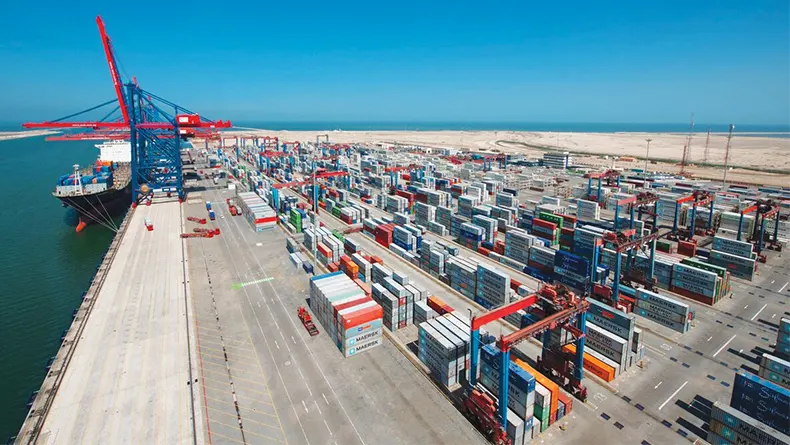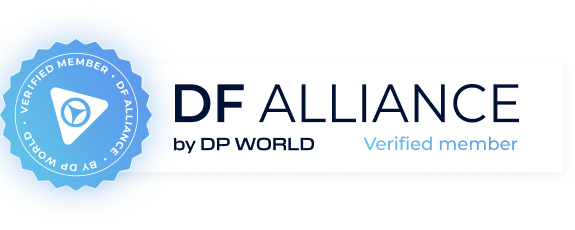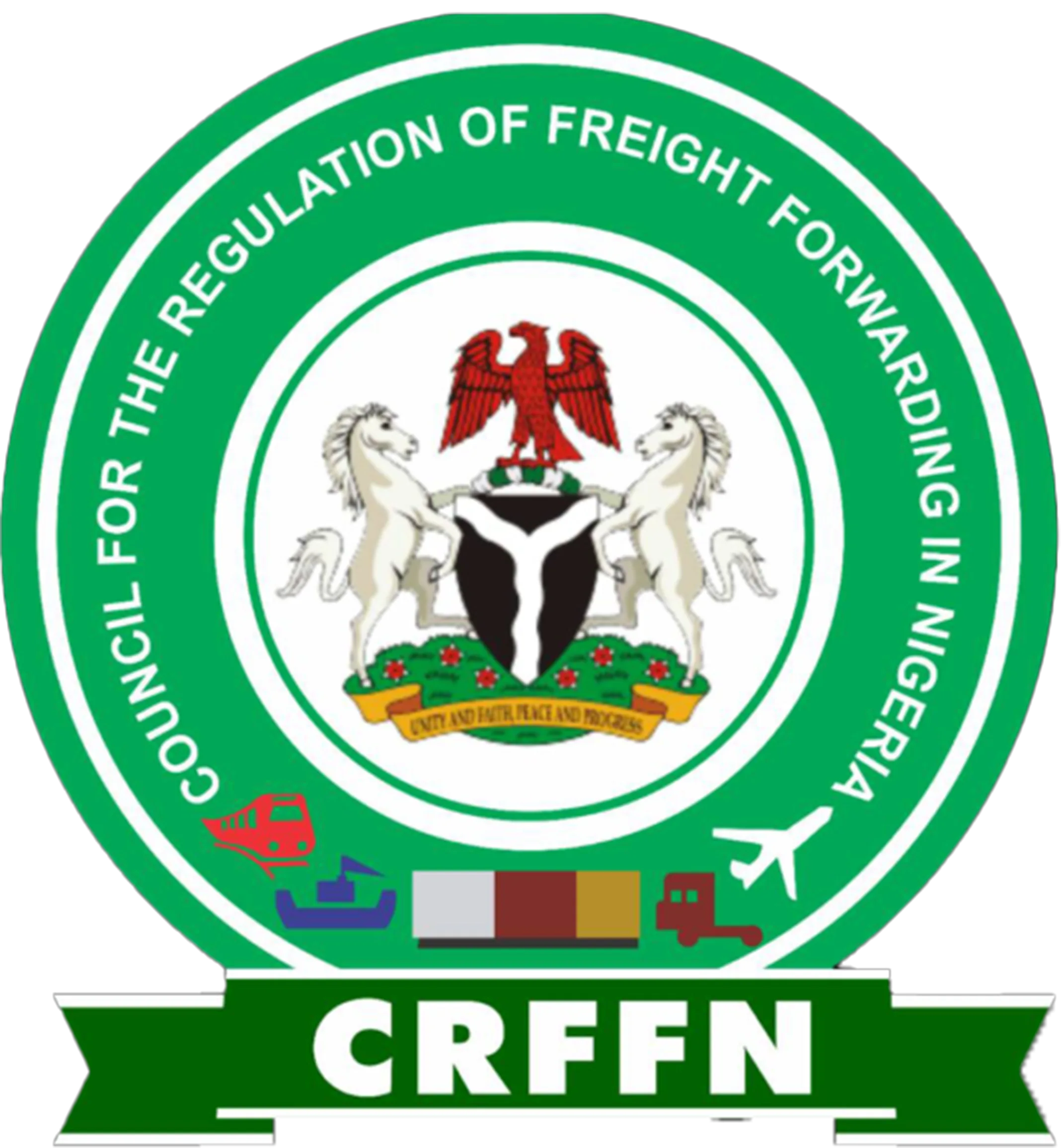Connecting Cameroon across Africa and beyond
Providing you with tailored logistics solutions for seamless shipping to and from Cameroon, ensuring reliability and efficiency every step of the way.
We understand the vital role efficient and reliable logistics play in your import and export operations. Whether you’re shipping standard cargo, perishables, or oversized goods, our dedicated teams in Douala combine local knowledge with global expertise to ensure seamless, on-time delivery.
Our commitment to excellence guarantees unparalleled customer service throughout your shipment’s journey, regardless of its size or complexity. Experience the Limark Forwarding difference – trust us to handle your logistics needs with precision and care.
Import regulations and licensing requirements
Navigating the import process can be complex. Simplify the experience by getting up-to-date local information on procedures, restrictions, demurrage, detention, container pick-ups, and and more.
Export regulations and licensing requirements
Exporting goods out of Cameroon requires navigating specific procedures and documentation. Here’s a breakdown of the essential requirements:

Expertise You Can Trust
Navigate Cameroon’s trade landscape with a trusted logistics partner
Importing or exporting in Cameroon? Navigating changing regulations, complex documentation, and customs processes can be overwhelming. Let Limark’s comprehensive logistics solutions be your competitive advantage.
Our team of trade experts seamlessly handles every compliance detail. From obtaining necessary permits to managing inspections and regulatory filings, we take the burden off your shoulders. Contact us today to streamline your Cameroon trade operations.
Get Expert Guidance
Contact our regional experts
Partner with experienced freight forwarders and customs brokers for seamless shipping to and from Cameroon. Ensure full documentation compliance with the guidance and logistics services of our team.










